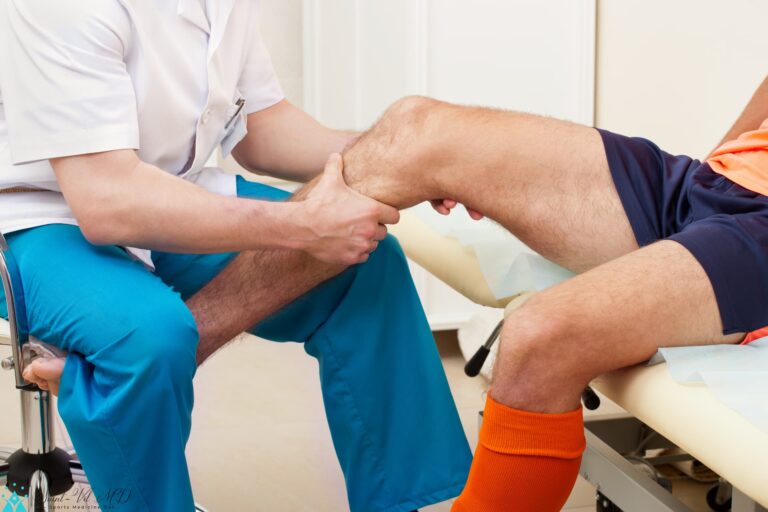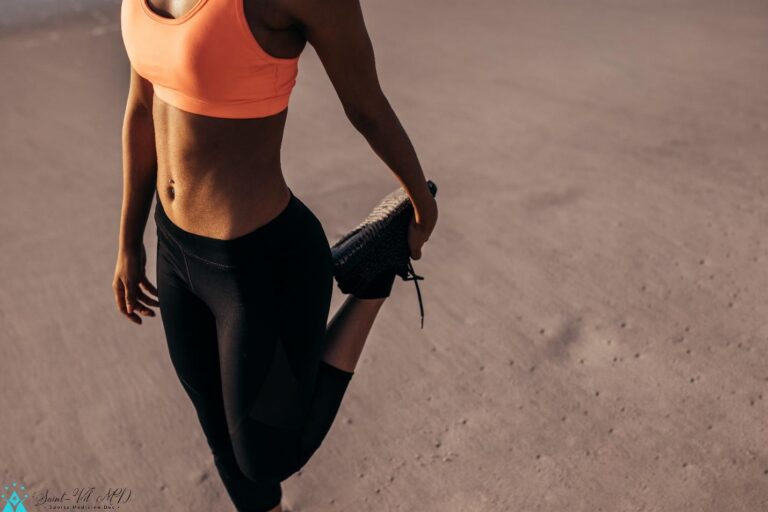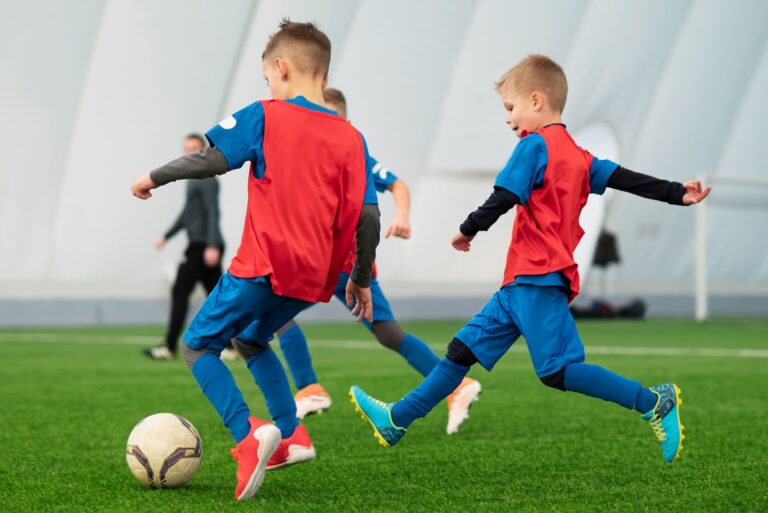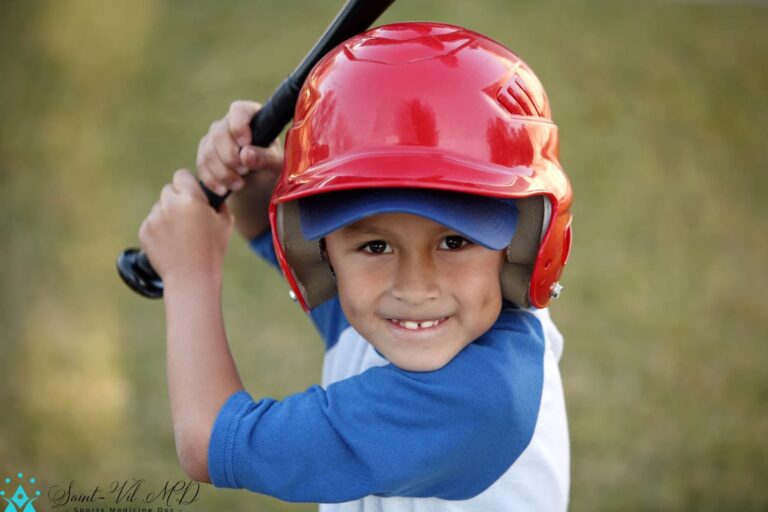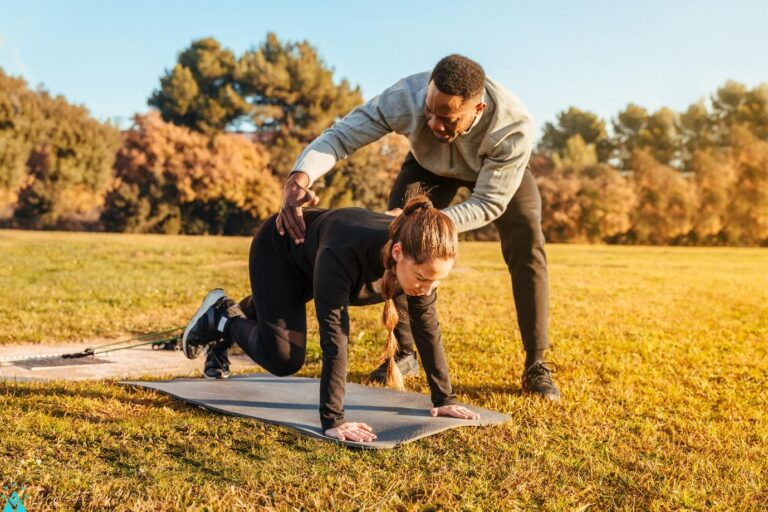
How to keep youth athletes safe in the
cold
Athletes need to train all year round. However, cold weather poses certain challenges, especially when it is freezing outside or snowing. It is not just about low temperature and higher risk of certain infections. It is also about an increased risk of falls and some other injuries. However, with certain precautions, it is not at all difficult to train safely in the cold. Thus, cold weather is not about giving up sports; it is just about making changes to the training plan. During cold, coaches or trainers are responsible for ensuring that young athletes stay safe.
Below are some tips to ensure the safety of athletes in the cold:
• Pay attention to the weather forecast
During winter, weather can change abruptly and pose specific challenges. Hence, trainers should keep a close eye on the weather forecast.
This is especially important when training for certain sports like cross-country skiing.
However, it is also vital for less demanding sports.
• Ensure that everyone wears the right kind of training kit
It is no secret that people are more likely to fall ill or get injured in early winter when they are careless. Hence, pay particular attention to the training kit when cold weather starts. Young athletes may need some help. They should wear fabrics that help their body keep dry from the inside. And, yet, they need to stay warm. It is also essential to hear something that is wind-resistant and preferably water-resistant.
• Pay particular attention to their shoes and socks
This will reduce the risk of falls, especially when it is freezing cold outside. Additionally, ensure that they also keep their hands warm. After all, the upper extremities play a vital role in maintaining balance. If the upper extremities are cold, reaction times may become slow
• Ensure skin health:
It is among the least discussed topics. However, exposure to extreme cold can be quite harmful to the skin. Therefore, during cold weather, it is vital to prevent skin drying. In addition, in severe colds, one may need protective gear. And do not forget that the sun may be harsh sometimes during cold weather, especially when training at high altitudes, thus requiring UV protection
• Prevent cold start:
young athletes are more likely to ignore warnings and avoid warmup sessions. However, trainers must ensure that everyone warms up before getting started. This would help prevent many injuries
• Protection gears
It all depends on the kind of sport, but the risk of injuries is notably higher in some sports like hockey. Hence, always ensure that everyone wears appropriate protective gear like helmets, goggles, elbow pads, and so on.
• Train young athletes to land safely:
Falling is part of the game or training and is almost unavoidable in many sports. Therefore, teaching the proper technique to land is the only way to keep your athletes safe.
• Follow safety rules:
In every sport, certain safety rules must be followed strictly and without exemption. For example, everyone must stay away from snowboarding or ski trails.
• Ensure everyone stays hydrated:
It is pretty easy to ignore hydration during the cold season. However, remember that moisture levels can be quite low on chilly days, thus causing more significant moisture loss. In some sports, drinking hot drinks like hot chocolate may be a good idea. However, athletes who use sports drinks ensure that their drinks are warm.

• Know the limits of your athletes:
Quite often, overestimating athletes’ abilities becomes the reason for tragedy. Hence, trainers must be well aware of the physical limitations of young athletes. They must take additional precautions in winter. It is better to bit underestimate and stay safe than overestimate
• Teach your athletes about nutrition
During winter, the human body is less efficient, and much energy is lost in maintaining body temperature or due to heat loss. Therefore, athletes should eat freshly prepared and warm meals and consume items like soups, peanut butter, lean meat, and baked potatoes to ensure that their bodies always have sufficient fuel supply. People are more likely to feel cold on an empty stomach or if they do not have a good meal.
• Cold weather is good for bulking:
This may not be true for all sports, but for many sports that need much muscle mass and strength. If you are training such athletes, ensure that they focus on bulking during winter, and the cutting cycle may be carried out during warmer times. Bulking will also enhance cold tolerance
Above are some simple ways to keep your young athletes safe in the cold. Admittedly, they are simple to implement. Nonetheless, all these are some of the most effective ways to keep your athletes warm.
Just remember that winter is the best time to prepare for competitions. Cold weather has its benefits. There are fewer distractions for young athletes, and thus they are more likely to focus on sports training





